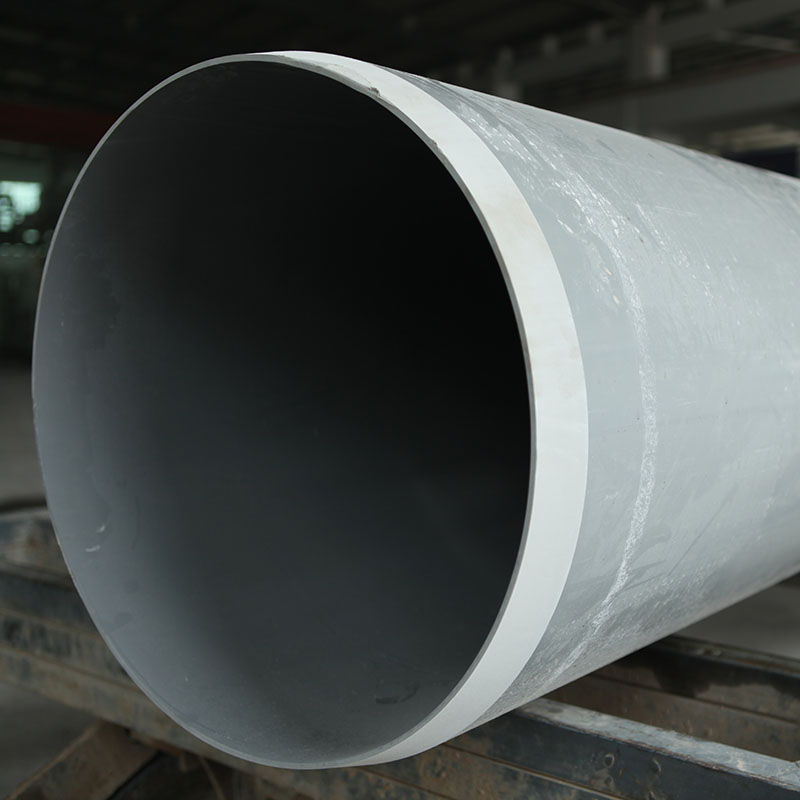Oct . 06, 2024 21:55 Back to list
hdpe welding rod
Understanding HDPE Welding Rods Types, Applications, and Advantages
High-Density Polyethylene (HDPE) welding rods play a critical role in various industrial and construction applications. Known for their strength, durability, and resistance to chemicals, HDPE materials are widely used across numerous sectors, including agriculture, construction, and manufacturing. This article delves into what HDPE welding rods are, their application areas, benefits, and considerations when working with them.
What are HDPE Welding Rods?
HDPE welding rods are specialized rods made from high-density polyethylene, designed specifically for the purpose of welding HDPE materials. The rods are available in a range of diameters and lengths, making them versatile for various welding processes. These rods are essential for creating strong, seamless joints when joining HDPE sheets, pipes, or other components, thereby ensuring structural integrity and longevity.
Types of HDPE Welding Rods
HDPE welding rods generally come in two forms solid rods and multi-layer rods. Solid rods are typically used for welding thicker sheets or pipe systems, while multi-layer rods may be employed to create more flexible and robust connections. The choice of the rod type typically depends on the specific application needs and the thickness of the materials being welded.
Applications of HDPE Welding Rods
HDPE welding rods find applications in a multitude of settings
1. Pipe Repairs In the water and wastewater treatment industries, HDPE pipes are often used due to their corrosion resistance and longevity. Welding rods facilitate the repair and splicing of pipes, ensuring durable connections that can withstand high pressures.
2. Tank Fabrication Industries often utilize HDPE for making tanks that store chemicals, water, and other substances. Welding rods provide an effective means to join sheets for creating large tank units, ensuring leak-proof seals.
3. Agricultural Uses Given the chemical resistance of HDPE, agricultural applications—such as constructing reservoirs, ponds, and agricultural equipment—benefit from reliable HDPE welding through the use of welding rods.
4. Marine Applications Due to its resistance to saltwater corrosion, HDPE is often used in marine environments. Welding rods assist in the construction of marine vessels, buoys, and docks, ensuring that components withstand harsh conditions.
Advantages of Using HDPE Welding Rods
hdpe welding rod

Utilizing HDPE welding rods provides numerous advantages
1. Durability HDPE is known for its long-lasting properties, making it ideal for long-term installations. When used with welding rods, the resulting joints are significantly stronger and more durable than those made with adhesive.
2. Chemical Resistance HDPE materials resist a broad spectrum of chemicals, which makes welding with HDPE rods suitable for industrial applications where exposure to chemicals is a concern.
3. Cost-Effectiveness Though the initial investment in HDPE welding might be higher than some other methods, the long-term savings associated with reduced maintenance and replacement costs can be substantial.
4. Environmentally Friendly HDPE is recyclable, and when welding rods are used, the resulting joints can often be repaired rather than replaced, minimizing waste.
5. Easily Fabricated HDPE welding is a straightforward process, allowing skilled workers to create strong joints with relative ease compared to other material connections.
Considerations When Using HDPE Welding Rods
When working with HDPE welding rods, several considerations should be made
1. Welding Technique The method used for welding (hot air, extrusion welding, etc.) greatly influences the strength and quality of the joint. Proper technique is essential for achieving optimal results.
2. Temperature Control Maintaining the correct temperature during the welding process is crucial. Too high or too low temperatures can lead to joint failure or inadequate fusion.
3. Material Compatibility When selecting welding rods, ensure that they are compatible with the specific type of HDPE being used. Different HDPE grades may require different welding rod types.
4. Safety Precautions Always follow safety guidelines while welding, including wearing appropriate protective gear and ensuring adequate ventilation in the working area.
In conclusion, HDPE welding rods are an essential tool in modern industrial applications, providing strong, durable, and chemically resistant connections. When utilized correctly, they can significantly enhance the structural integrity and longevity of HDPE installations across various sectors. Understanding their properties, applications, and proper usage will ensure optimal performance and efficiency in any project involving HDPE materials.
-
Transparent PVC Pipe: Clear Flexible Tubing for Fluids
NewsAug.09,2025
-
Durable PP Rigid Sheet: Versatile & High-Quality Plastic Panels
NewsAug.08,2025
-
Premium Glossy PP Rigid Sheet – Durable & Versatile
NewsAug.07,2025
-
High-Quality HDPE Sheet | Durable Plastic Panels
NewsAug.06,2025
-
High-Precision PVC Rigid Sheets for Vacuum Forming | AI-Optimized
NewsAug.05,2025
-
Durable PVC-M Water Supply Pipes | 60-Year Life
NewsAug.04,2025

